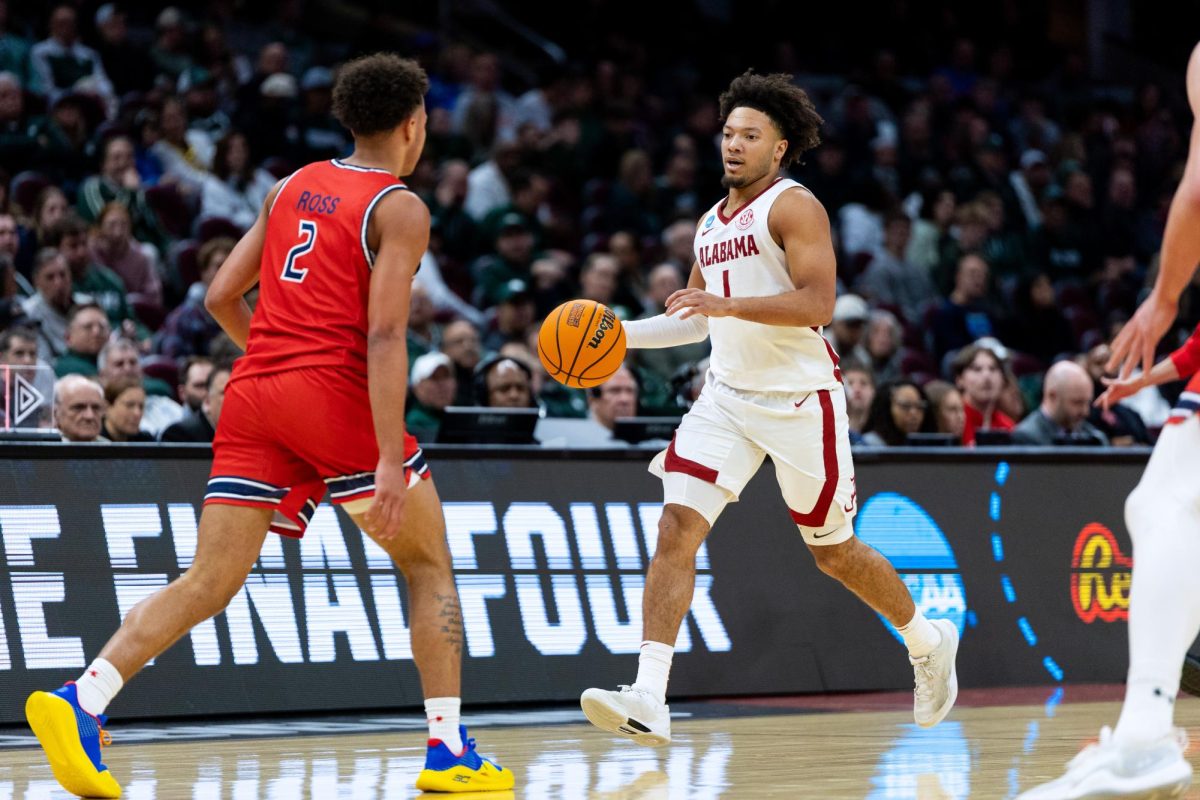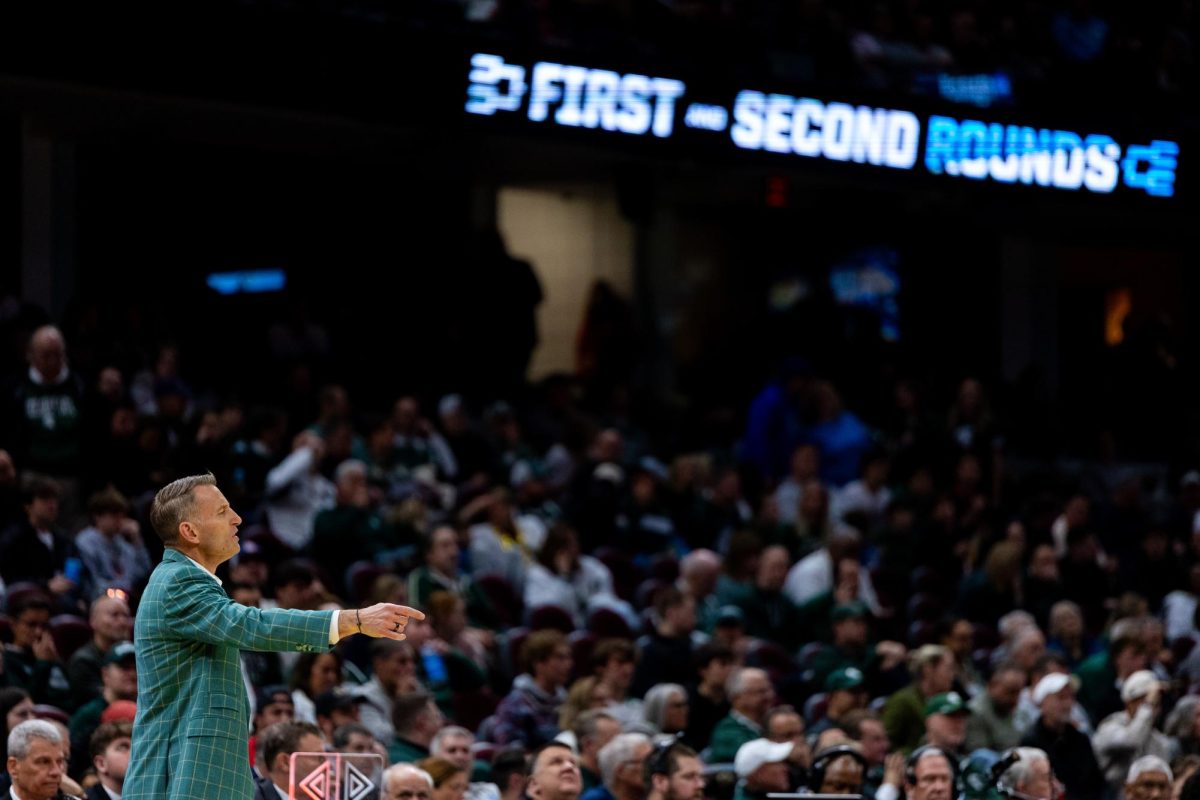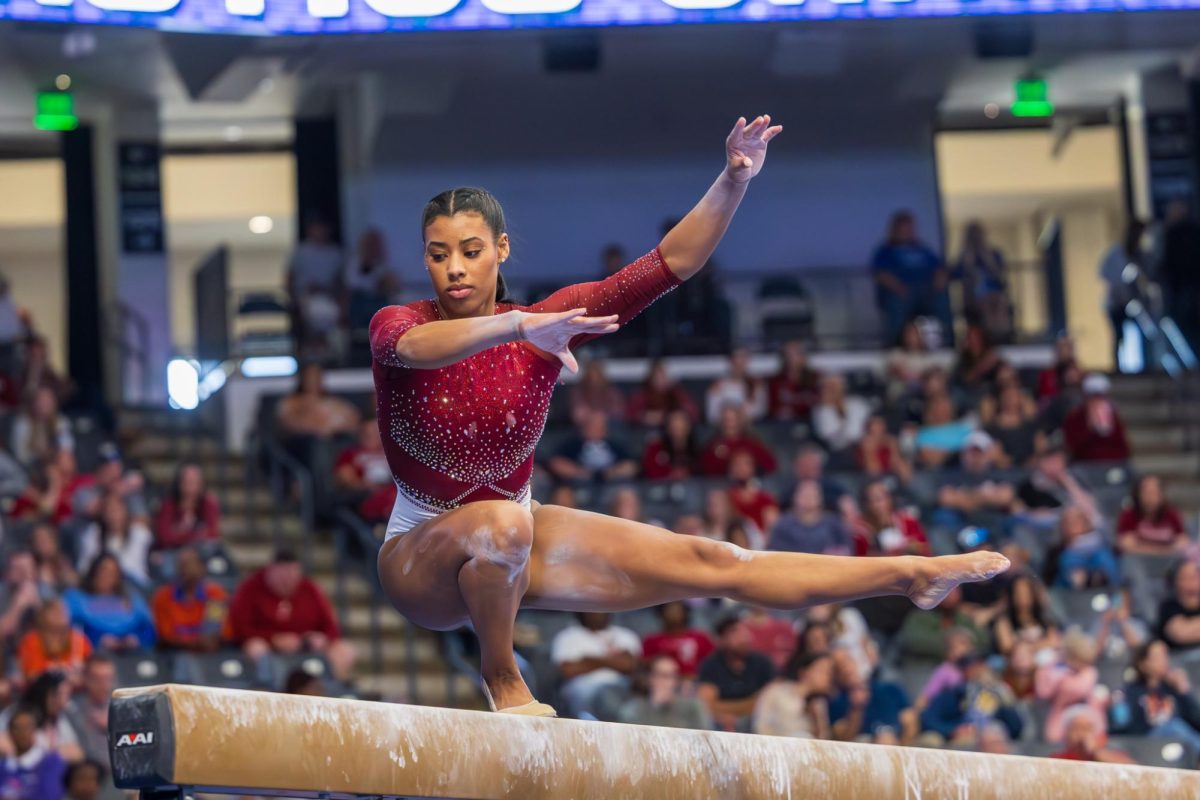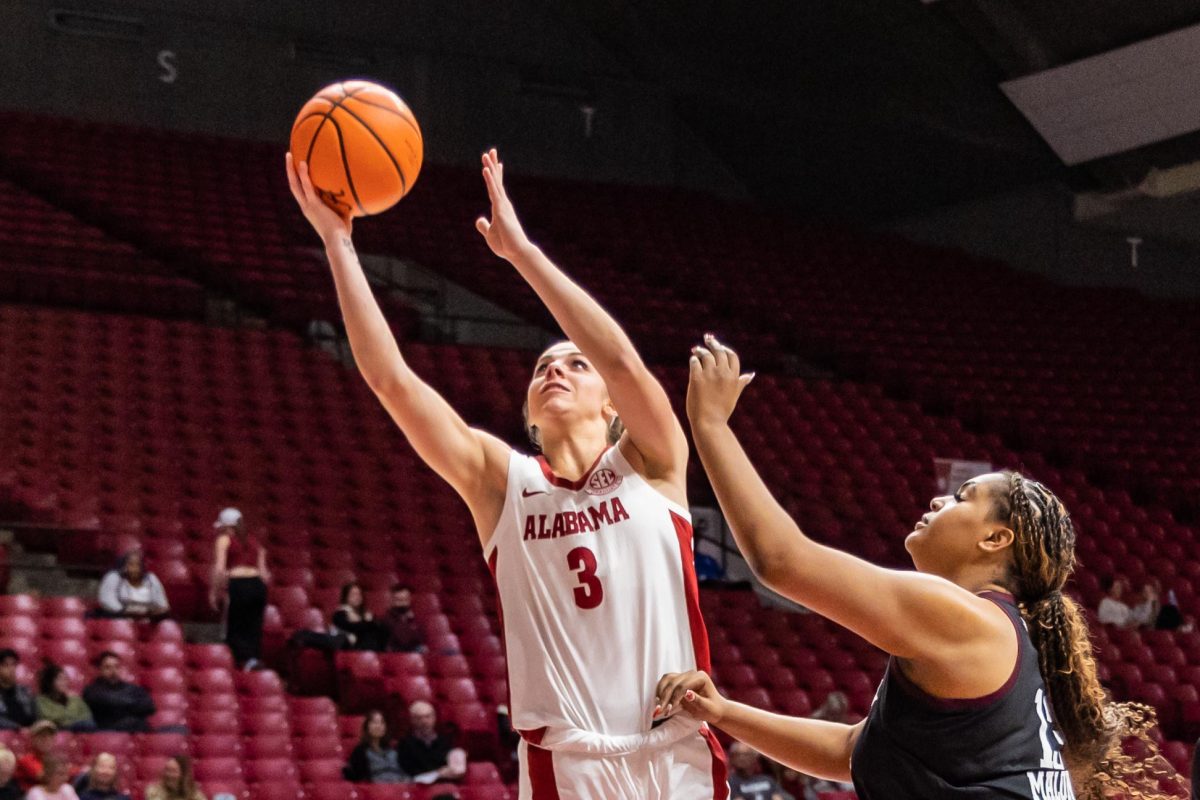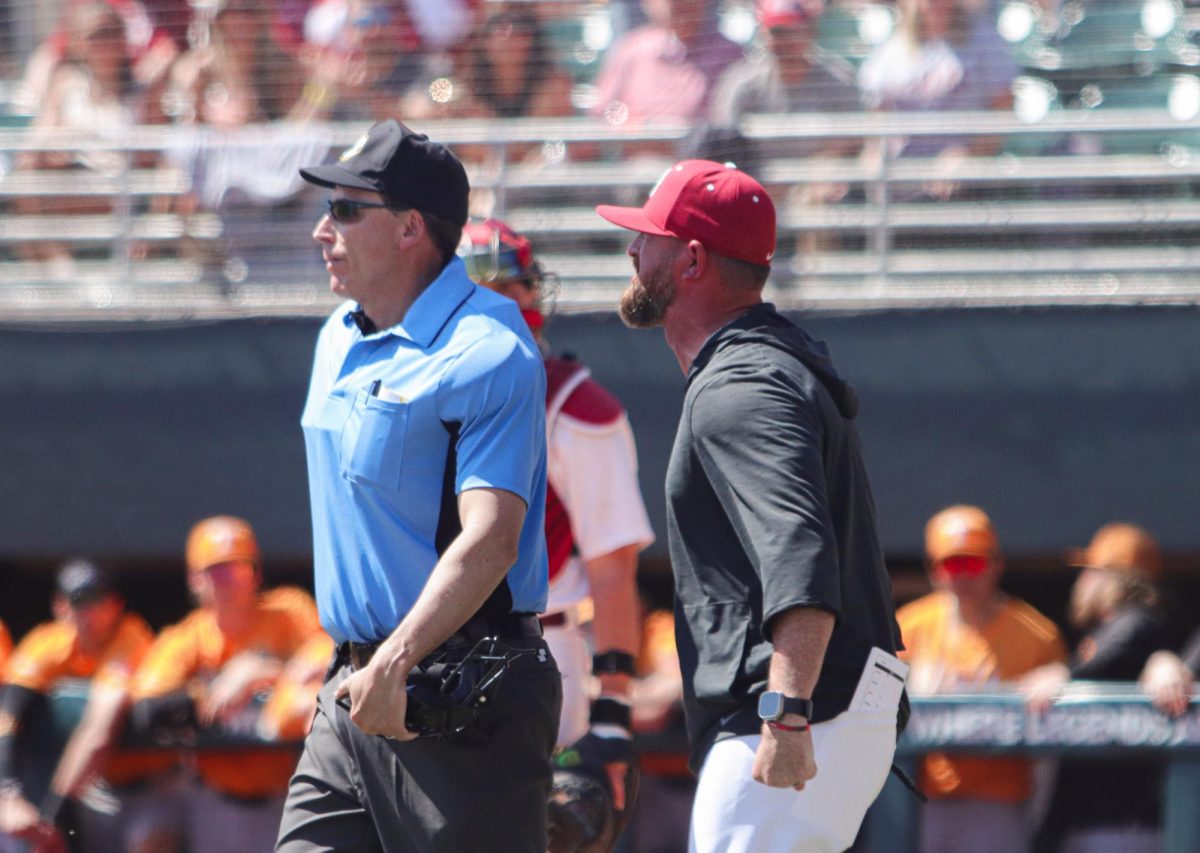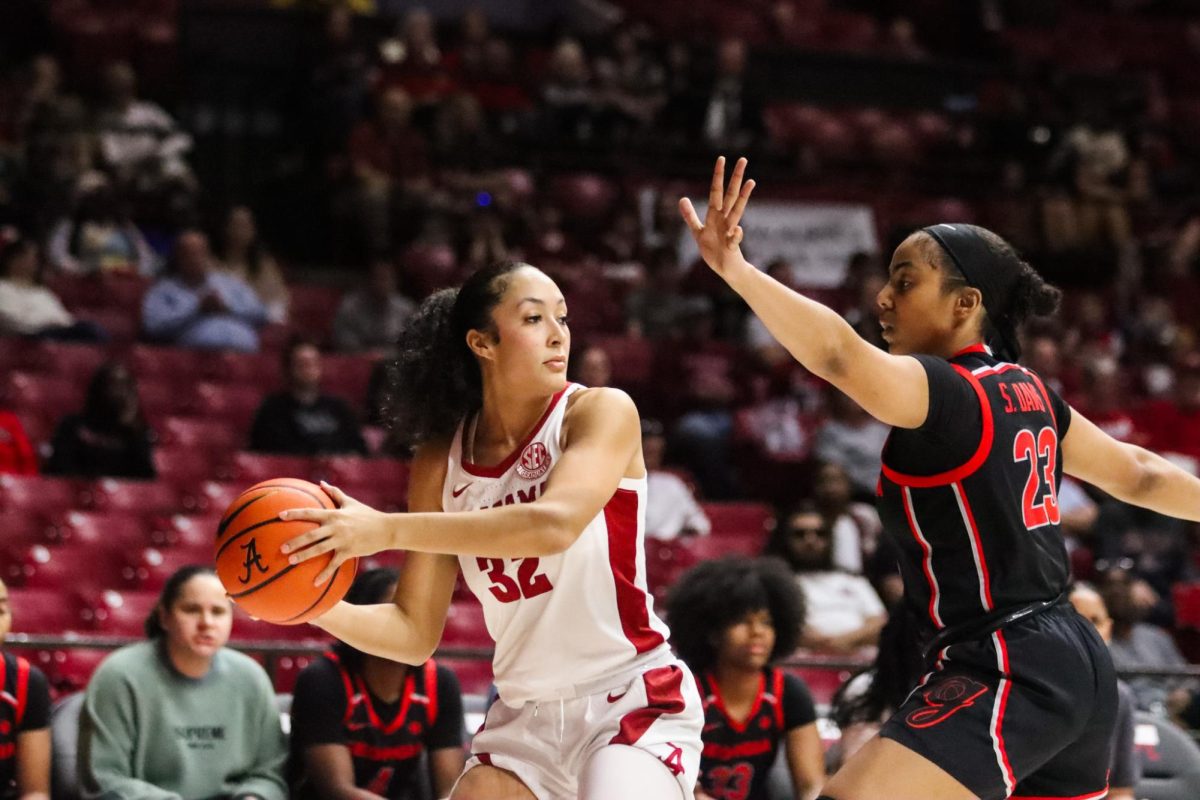On Feb. 22, 1980, a team of amateur hockey players represented an entire nation deeply embedded in the Cold War. This team took on the Soviet hockey team, but more importantly, this team took on communism itself.
When did we start leaving our politics to sports? And more so, when did we stop?
After the communism vs. democracy spectacle that took place in Lake Placid, N.Y., we have not had such a monumental sporting event since. In case you have been living under a rock, democracy won in 1980 and officially in 1991 when the Soviet Union finally collapsed.
Even further back in history, American Joe Louis took on German Max Schmeling in 1938 in the World Heavyweight Championships. Yes, 1938. This fight took place one year before the start of World War II. So was it a prelude to what would happen in the war? Not necessarily, but it was another instance where we, the American people, represented an international struggle with a game.
So are we done fighting our battles in the arena?
The simple answer is no. It took over 40 years to have another monumental game between the Louis vs. Schmeling and the “Miracle on Ice.” Maybe we will see another international feud play itself out on the field in the next 10 years.
But do we really want that to happen? We live in a country where we aren’t currently concerned with going to war with Germany or the Soviet Union. We should let our sports be sports, and when the opportunity comes, maybe think more of the game than it really is.
After all, I don’t think that the United States’ inability to field a men’s soccer team is anything more than the fact that soccer is not our favorite sport. I doubt that the men’s national team’s loss to Honduras is foreshadowing an imminent war or even an exchange of world power.
It’s not as if a decisive victory in soccer or any other sport against North Korea would simply stop their nuclear program. It would not change the North Korean people’s morale. In fact, they would probably hear that they won the game and that Kim Jong-un scored the winning goal.
There is no reason to make sports into the be-all and end-all of our hopes and dreams as a country. We should celebrate our athletes’ achievements, but we should not place international responsibility on them. Yes, the Olympics are a great way to celebrate our athletes on an international stage, but we have to remember that they are not our diplomats. They are phenomenal athletes and should be treated as such.
Leading in today’s Crimson White:
Crimson Tide looking to reverse 3-game skid against LSU



